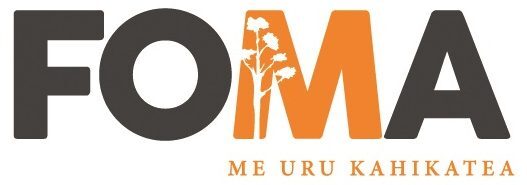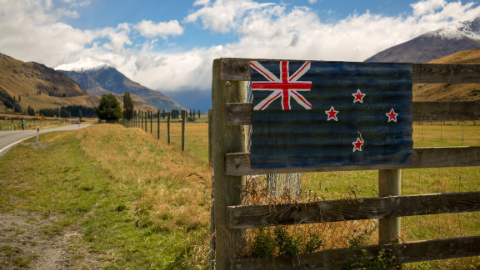WELLINGTON, 8 June 2022: Two years of negotiations by industry leaders from Te Aukaha, the agri-business arm of the Federation of Māori Authorities (FOMA), have resulted in a series of valuable wins for Māori farmers, growers and landowners.
FOMA Chair, Traci Houpapa supports the final recommendations in the report presented by He Waka Eke Noa, the Primary Sector Climate Action Partnership on the management of agricultural emissions.
“The recommendations go some way to taking into account a Te Ao Māori worldview, one in which the health and wealth of our people is intrinsically tied to the health and wealth of our land,” she says.
“These wins have been hard-fought. We have held our space in this kaupapa and we believe that the resulting recommendations will have significant, immediate impacts for our whānau and whenua throughout Aotearoa.”
The report recommends major governance roles for Māori and recognises not only the unique land ownership structures of Ahu Whenua (land under shared ownership), but the historic limitations that have been forced on this land by the Crown for generations. The recommendations represent sizeable compromises from dominant industry players in the industry for the benefit of Māori.
“Our focus has been about partnership and acknowledging the importance of relationships between Māori, Government, and industry. This is a work in progress for the primary sector and we have succeeded in having our voices respected and our considerations heard,” says Houpapa.
“Our preferred stance has always been centred on taiao (the environment). The current profit-driven focus of the primary industry carries a significant environmental cost. It is not sustainable, and we have pushed for a ‘values over value’ approach.
“Māori have always operated within values-based systems to work in harmony with the land, even when economic incentives existed to drive different behaviours. And we intend to continue to do so,” she says.
Since the signing of Te Tiriti, Māori have lost 95 percent of their land. Today only 1.4 million hectares remains as Whenua Māori. Almost 60 percent is hard hill country, with just 340,000 hectares of the best most productive lands retained in Māori ownership. Much of the farming land is owned by large trusts and incorporations. This means that despite being larger than the average industry farms, they have less influence in producer groups such as DairyNZ in comparison to the predominant single owner/operator model common in the farming sector.
Hilton Collier, Te Aukaha Māori Agri-Business expert, encourages Māori landowners, growers, and farmers to embrace the emissions management plans recommended in the report.
“We have more than just a seat at the table here. The size and scale of ahu whenua has been ignored by the industry for too long, now we are being recognised, have a pivotal role to play and it’s time to step into that space.
“Transformational change to the agri-business structure of Aotearoa isn’t going to happen unless tangata whenua use their collective voice and influence to show the way. We need to lead others in adopting a tikanga approach to protect and preserve land,” says Collier.
The recommendation included in the report are just the first stage in a complex multi-year process that will see every farm in the country develop an environmental management plan.
“In this first stage, it has been crucial for Te Aukaha to advocate fiercely for Māori governance focused on our whānau and whenua. Now, as we move into the financial decision-making part of the process, we are well-placed to ensure Ahu Whenua Māori are sufficiently resourced to achieve our goals, to take the necessary steps to secure a future for generations of Māori to come,” says Houpapa.
ENDS

